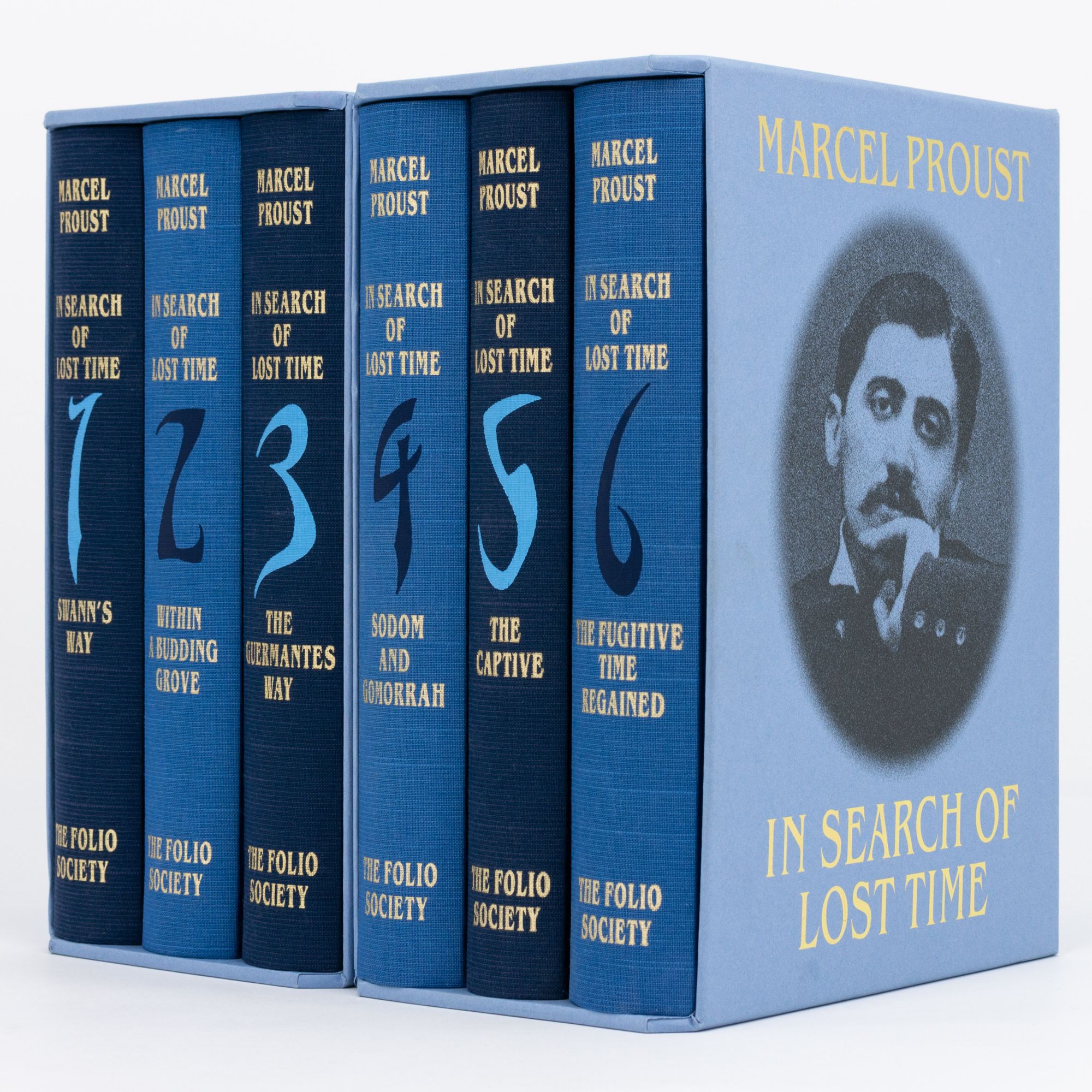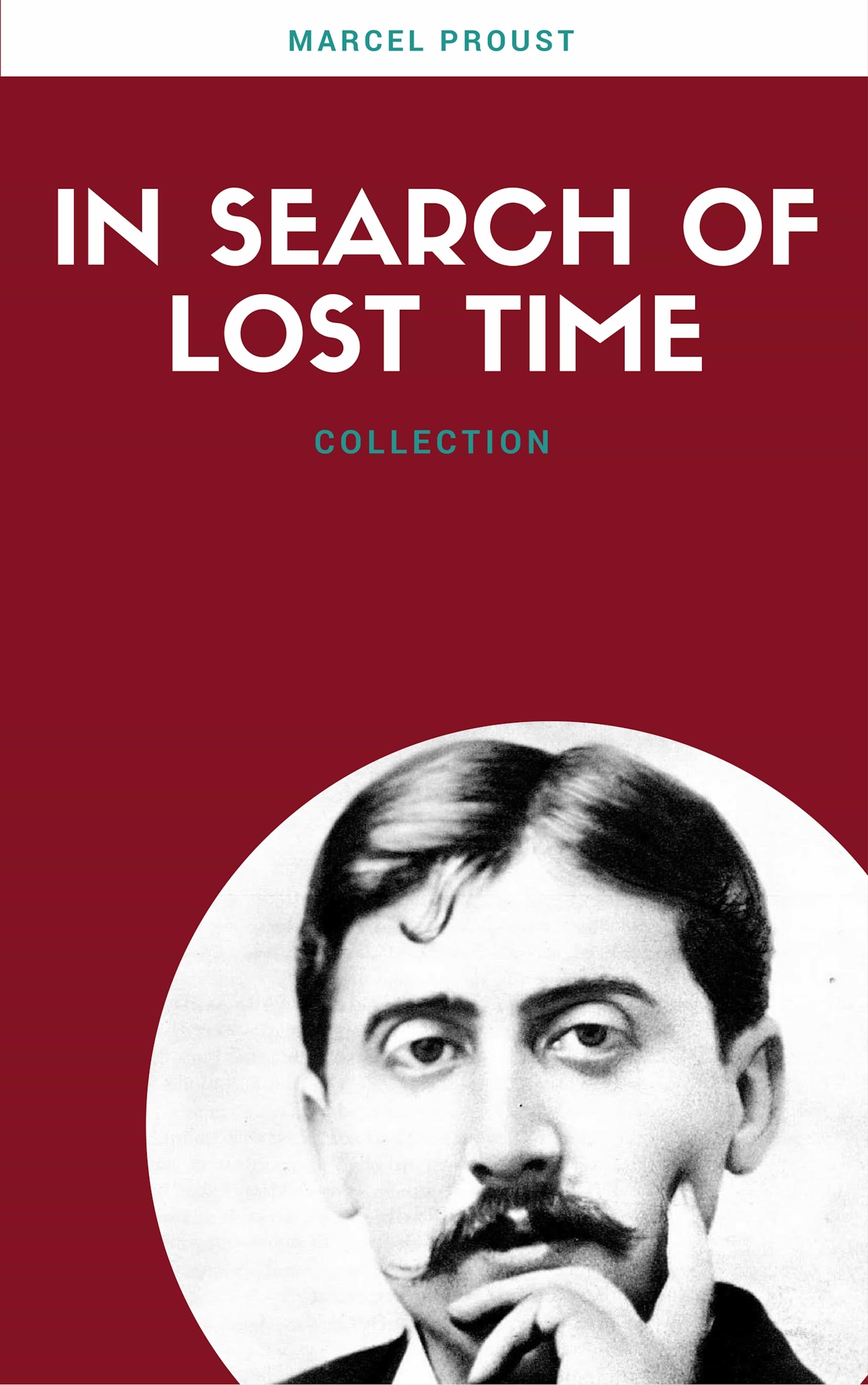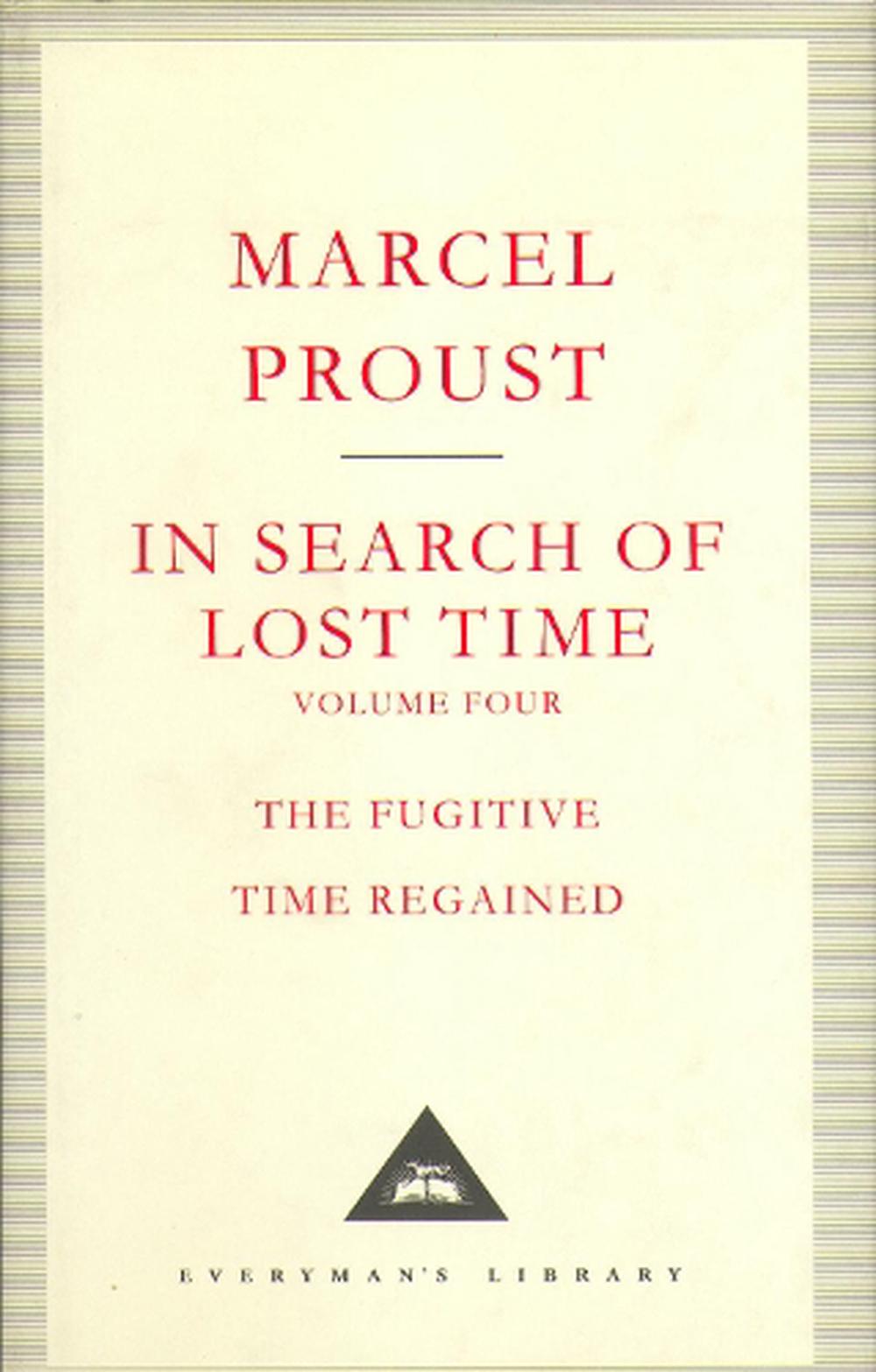
In the world of literature, there exist few works as majestic and complex as Marcel Proust's "In Search of Lost Time." This sweeping novel, spanning seven volumes and over 3,200 pages, is a behemoth of modernist literature that has captivated readers for generations. Within its labyrinthine pages, Proust masterfully weaves a rich tapestry of love, loss, memory, and the human experience. As we delve into the world of "In Search of Lost Time," we will explore the intricacies of Proust's masterpiece and uncover the secrets that have made it a timeless classic.
Unpacking the Structure of "In Search of Lost Time"

One of the most striking aspects of "In Search of Lost Time" is its non-linear structure. Proust eschews traditional narrative techniques, instead employing a fluid, associative style that mirrors the workings of the human mind. The novel is divided into seven volumes, each with its own distinct narrative thread, yet they are all inextricably linked by the overarching theme of the search for lost time.
Through this innovative structure, Proust masterfully explores the fragmented nature of memory and the ways in which our experiences shape us. By juxtaposing past and present, Proust creates a sense of temporal dislocation, blurring the lines between reality and fantasy. This disorienting effect is deliberate, reflecting the fluid, ever-shifting nature of human perception.
The Search for Lost Time: A Journey of Self-Discovery

At its core, "In Search of Lost Time" is a deeply personal work, a journey of self-discovery that reflects Proust's own struggles with identity, love, and mortality. Through the protagonist, Marcel, Proust explores the human experience in all its complexity, delving into the intricacies of relationships, art, and the passage of time.
As Marcel navigates the complexities of high society, Proust masterfully exposes the hypocrisies and superficialities of the aristocracy, revealing the emptiness and disillusionment that lies beneath the surface. Yet, despite the cynicism and despair that pervades much of the novel, "In Search of Lost Time" remains a work of profound optimism, a testament to the transformative power of art and the human spirit.
The Significance of Memory in "In Search of Lost Time"

Memory plays a pivotal role in "In Search of Lost Time," serving as both the subject and the object of Proust's exploration. Through Marcel's remembrances, Proust masterfully captures the fragmented, associative nature of memory, revealing the ways in which our experiences are filtered through the lens of time.
Proust's concept of "involuntary memory" – the idea that memories can be triggered by seemingly trivial events or sensations – is a central theme of the novel. By exploring the intersections between past and present, Proust reveals the ways in which memory shapes our understanding of ourselves and the world around us.
Through this exploration of memory, Proust raises fundamental questions about the nature of reality and our place within it. By blurring the lines between past, present, and future, Proust creates a sense of temporal ambiguity, challenging our conventional understanding of time and its role in shaping our experiences.
Love, Desire, and the Human Experience

Love and desire are recurring themes throughout "In Search of Lost Time," reflecting Proust's deep fascination with the human experience. Through Marcel's relationships with Odette, Gilberte, and Albertine, Proust masterfully explores the complexities of love, desire, and the human heart.
Proust's portrayal of love is characterized by its intensity, passion, and ultimately, its disillusionment. By revealing the darker aspects of love – the jealousy, possessiveness, and longing – Proust creates a nuanced, multidimensional portrait of human relationships.
Through this exploration of love and desire, Proust raises fundamental questions about the nature of human connection and the role of love in our lives. By examining the ways in which we idealize and idolize those we love, Proust reveals the complex, often contradictory nature of human emotions.
The Legacy of "In Search of Lost Time"

"In Search of Lost Time" has left an indelible mark on modern literature, influencing generations of writers, artists, and thinkers. Proust's innovative style, which blends elements of fiction, autobiography, and philosophical reflection, has inspired countless works of literature, from James Joyce's "Ulysses" to Samuel Beckett's "Waiting for Godot."
Proust's impact extends far beyond the literary world, however. His concept of "involuntary memory" has influenced fields as diverse as psychology, philosophy, and art. By exploring the intersections between past, present, and future, Proust has helped shape our understanding of time, memory, and the human experience.
In conclusion, "In Search of Lost Time" is a masterpiece of modernist literature that continues to captivate readers with its rich, complex exploration of the human experience. Through its non-linear structure, nuanced portrayal of love and desire, and profound exploration of memory and time, Proust has created a work that is both deeply personal and universally relatable.
As we reflect on the significance of "In Search of Lost Time," we are reminded of the power of literature to shape our understanding of the world and ourselves. Proust's masterpiece is a testament to the enduring power of art to transform, to console, and to illuminate the human condition.
What are your thoughts on "In Search of Lost Time"? Have you read Proust's masterpiece? Share your experiences and insights in the comments below.
What is the central theme of "In Search of Lost Time"?
+The central theme of "In Search of Lost Time" is the search for lost time, which is reflected in the novel's exploration of memory, love, and the human experience.
What is the significance of memory in "In Search of Lost Time"?
+Memory plays a pivotal role in "In Search of Lost Time," serving as both the subject and the object of Proust's exploration. Through Marcel's remembrances, Proust captures the fragmented, associative nature of memory.
What is the legacy of "In Search of Lost Time"?
+"In Search of Lost Time" has left an indelible mark on modern literature, influencing generations of writers, artists, and thinkers. Proust's innovative style has inspired countless works of literature and continues to shape our understanding of time, memory, and the human experience.
Gallery of Exploring Marcel Prousts In Search Of Lost Time

![In Search of Lost Time [volumes 1 to 7]](https://www.storytel.com/images/e/640x640/0002294008.jpg)





